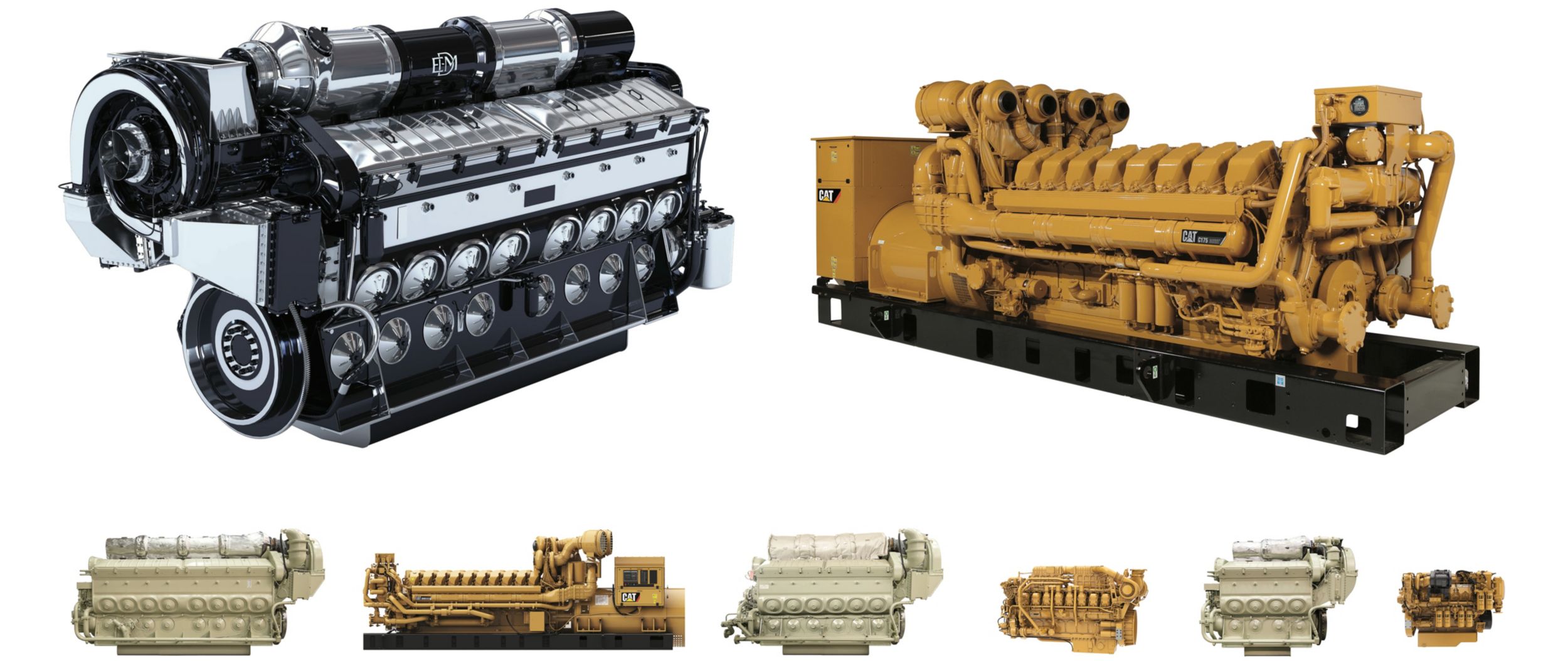The Impact of Innovative Engine Technologies on Energy Effectiveness and Environmental Sustainability
In the world of transportation and industrial machinery, the constant mission for boosted power performance and reduced ecological influence has actually led to significant developments in engine modern technologies. From the progressive change in the direction of hybrid and electric systems to the combination of turbocharging for improved performance, the landscape of engines is evolving swiftly. The utilization of different fuels additionally branches out the options offered for lasting power sources. These innovations not only promise a greener future but additionally hold the possible to reinvent the method we come close to power intake and environmental sustainability.
Evolution of Engine Technologies
The development of engine innovations over the decades has actually been marked by continuous advancement and refinement in quest of enhanced performance and effectiveness. From the very early days of internal burning engines to the cutting-edge crossbreed and electric powertrains of today, the advancement of engine modern technologies has been driven by a ruthless mission for boosted gas efficiency and lowered exhausts.
One substantial turning point in this evolution was the advancement of turbocharging and straight injection systems, which significantly increased engine power outcome while improving fuel efficiency. These modern technologies enabled smaller, more lightweight engines that can provide the performance of bigger ones without compromising on effectiveness.
In addition, developments in products science have led to the widespread fostering of lightweight materials such as aluminum and carbon fiber in engine building and construction. This has not only minimized general car weight but has actually additionally boosted engine effectiveness by minimizing power losses connected with inertia and rubbing.
Benefits of Electric and Crossbreed Systems
With the growing focus on sustainability and energy effectiveness, what benefits do hybrid and electric systems supply in the world of engine technologies? In addition, hybrid and electric systems are much more energy-efficient, transforming a greater percent of kept power right into propulsion contrasted to conventional engines. Crossbreed systems incorporate the advantages of electric propulsion with the flexibility of a combustion engine, supplying expanded minimizing and driving varieties array stress and anxiety for consumers transitioning to electric lorries.
Turbocharging for Improved Effectiveness
Innovative engine innovations like hybrid and electrical systems have actually led the way for improvements in car efficiency, with turbocharging arising as an essential method for improving general performance and sustainability. Turbocharging works by making use of a generator to require more air into the burning chamber, enabling for far better gas combustion and raised power result without a substantial increase in engine dimension. This procedure, called forced induction, enables smaller, extra fuel-efficient engines to create power degrees comparable to bigger ones. By making best use of the effectiveness of the combustion procedure, turbocharged engines can achieve enhanced gas economy and lowered emissions, adding to environmental sustainability. In addition, turbocharging enhances engine responsiveness, providing vehicle drivers with an extra vibrant driving experience. The widespread adoption of turbocharged engines in both gas and diesel lorries shows their effectiveness in balancing efficiency, efficiency, and environmental impact. As vehicle producers remain to improve turbocharging modern technology, its duty in advertising energy performance and sustainability in the transportation industry is expected to expand additionally.
Utilizing Different Fuels
Harnessing alternative gas presents an encouraging opportunity for reducing carbon emissions and branching out the power sources made use of in transportation. As the world aims to combat climate change and decrease dependence on nonrenewable fuel sources, alternate gas have why not try these out actually obtained substantial interest for their potential ecological and financial advantages.
Biofuels, such as Related Site ethanol and biodiesel, are derived from sustainable resources like algae, corn, and sugarcane, providing a cleaner burning option to typical fuel and diesel. These fuels can be blended with existing oil gas or used in dedicated engines, giving a pathway to reduced greenhouse gas discharges and enhance air high quality.
Additionally, hydrogen fuel cells have actually arised as an encouraging technology for zero-emission transportation. engines for africa. By transforming hydrogen gas into electrical power to power electric motors, fuel cell automobiles produce just water vapor as a byproduct, removing unsafe tailpipe emissions entirely
In enhancement to decreasing carbon exhausts, alternative fuels can additionally boost energy safety and security by branching out the gas mix and reducing dependence on imported oil. Accepting different fuels in transport is a vital step towards attaining a more lasting and environmentally friendly future.

Environmental Advantages and Future Leads
Alternate gas, such as biofuels, hydrogen, and power, offer substantial ecological benefits contrasted to typical fossil fuels. In addition, alternative fuels can help branch out energy resources, improving energy safety and minimizing dependence on limited sources.
Innovations in modern technology continue to improve the effectiveness and price of alternative gas automobiles, making them much more obtainable to consumers. By embracing alternate gas and ingenious modern technologies, the path in the direction of a more sustainable future becomes progressively possible.

Conclusion
In conclusion, ingenious engine technologies have played a critical function in improving power performance and promoting ecological sustainability. The evolution of engine innovations, adoption of hybrid and electrical systems, application of turbocharging, and exploration of different fuels have all added to boosting and minimizing exhausts performance.
In the realm of transport and industrial equipment, the continuous investigate this site mission for enhanced power effectiveness and lowered environmental influence has led to substantial advancements in engine innovations. Turbocharging works by using a wind turbine to require more air into the combustion chamber, allowing for far better gas combustion and boosted power outcome without a substantial boost in engine size. By maximizing the effectiveness of the burning procedure, turbocharged engines can attain enhanced fuel economic climate and minimized exhausts, adding to environmental sustainability. Alternate gas, such as biofuels, hydrogen, and electrical power, deal substantial environmental benefits compared to conventional fossil gas. The advancement of engine innovations, fostering of electric and hybrid systems, utilization of turbocharging, and expedition of alternative gas have all contributed to minimizing exhausts and raising performance.